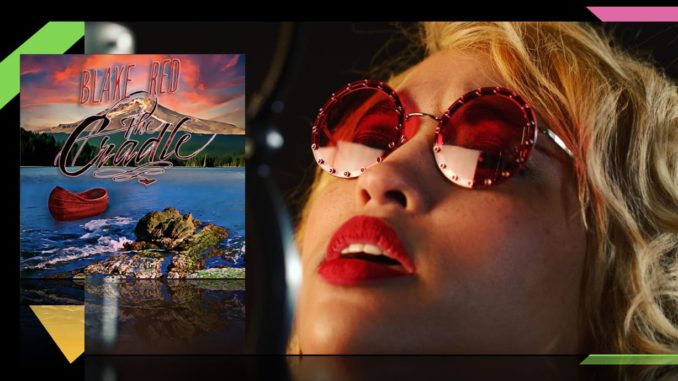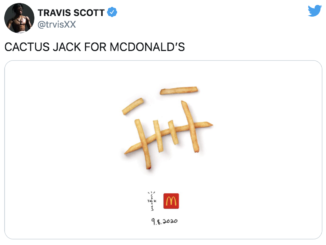
Country music group Lady Antebellum recently changed their group name to Lady A amid the tense nationwide protests against systemic racism and inequality. The change to their name came as recent as June 11.
However, the group, known for hit songs “Need You Now” and “Just A Kiss,” didn’t do their due diligence to ensure that no other artist was using the name Lady A.
Indeed, there was a blues artist that goes by the name Lady A, born Anita White, who claimed that she had been using the name since 2010.
Social media made sure that Lady Antebellum knew about the Seattle artist with accusations that the group was trying to overshadow a black artist during a time when the world was in unrest over race relations in the U.S.
So, Lady Antebellum and Lady A decided to do the civil thing by coming together on a publicized Zoom call to discuss how they could join forces and make a difference out of the situation.
It appeared everyone was on the same page after a very cordial conversation. That was until the original Lady A received a draft from Lady Antebellum’s attorney that attempted to take away Lady A’s entire music legacy, according to the artist.
“Their camp is trying to erase me,” Lady A said in a statement to media. “Trust is important and I no longer trust them.”
Now, the entitled three-member group has filed a lawsuit against the blues singer on the basis that they trademarked the name in 2011 to no opposition and have sold more records than Lady A. Lady Antebellum is not covert about pushing their weight around when it comes to the independent artist.
“We hope Anita and the advisers she is now listening to will change their minds about their approach,” the band retorted in a statement.
Lady Antebellum wants ownership of the trademark for Lady A, but will still let Lady A use the name for her blues career.
“We never even entertained the idea that she shouldn’t also be able to use the name Lady A, and never will — today’s action doesn’t change that,” the band said. “We felt we had been brought together for a reason and saw this as living out the calling that brought us to make this change in the first place.”
Per the U.S. Patent and Trademark Office says the following regarding trademark infringement:
“Trademark infringement is the unauthorized use of a trademark or service mark on or in connection with goods and/or services in a manner that is likely to cause confusion, deception, or mistake about the source of the goods and/or services. Generally, the court will consider evidence addressing various factors to determine whether there is a likelihood of confusion among consumers. The key factors considered in most cases are the degree of similarity between the marks at issue and whether the parties’ goods and/or services are sufficiently related that consumers are likely to assume (mistakenly) that they come from a common source. Other factors that courts typically consider include how and where the parties’ goods or services are advertised, marketed, and sold; the purchasing conditions; the range of prospective purchasers of the goods or services; whether there is any evidence of actual confusion caused by the allegedly infringing mark; the defendant’s intent in adopting its mark; and the strength of the plaintiff’s mark.”
Ironically, the lawsuit contradicts the very reason why Lady Antebellum changed their name in the first place. Antebellum represents the old south before the Civil War, a horrible time in history for black people in the U.S. that still adversely impacts the community today.
This is what happens when black people try to be accommodating to others who do not have their best interests at heart. Lady Antebellum’s publicity stunt is no different from companies that pledge to do more to diversify their corporate boards and C-Suites, but instead hire people of color for entry-level and subservient positions only.
“You don’t get to just come and take because you have that privilege,” Lady A said. “We [black artists] don’t have that luxury or that privilege, so we need somebody to help us and lift us up.”
So, what do you think? Is Lady Antebellum unknowingly embodying the very ill-informed antics of systemic racism and white privilege that they were trying to negate by changing their name?



